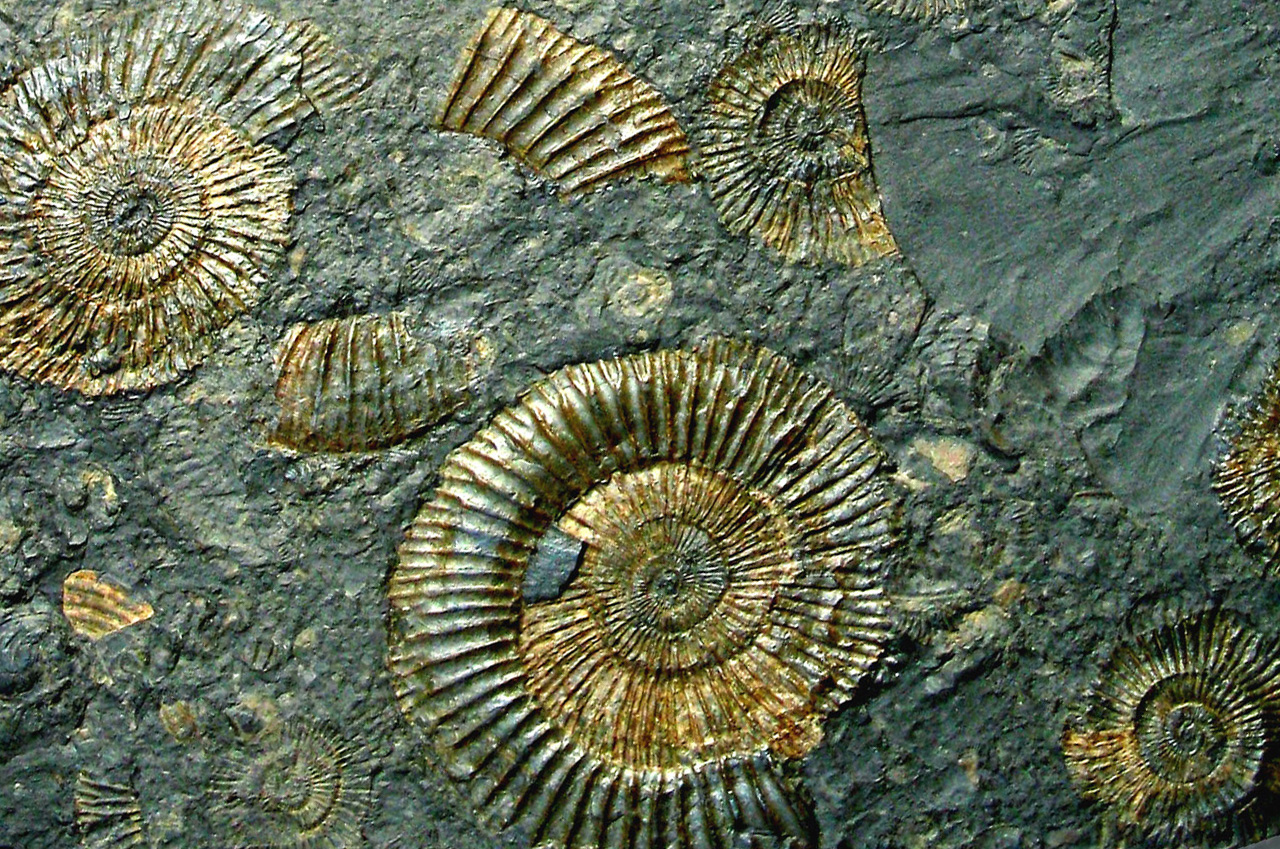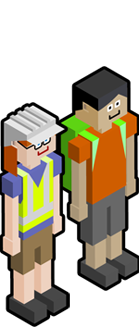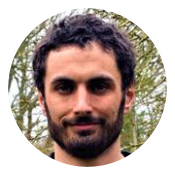


Fiann
Job title: Palaeontology PhD Student
I look at reconstructing colour in extinct animals.
What led you to do a PhD?
I have always had a passion about the natural world and like to question everything I see. My natural curiosity led me to want to study for a PhD, after completing an undergraduate and masters degree in Palaeontology. I didn’t come to higher education via the normal route however, I took seven years out after my A-levels and worked as a landscape gardener and musician. I decided to go back to education because I couldn’t fight the urge to learn more about the world.
What geoscience topic are you researching for your PhD?
My PhD focusses on reconstructing colour in extinct animals, particularly birds and other feathered dinosaurs (but also other groups like ichthyosaurs), with an aim to better understand how they may have behaved and interacted and to inform us about the likely environments in which they lived. I also work on how soft (non-mineralised) tissues preserve in fossils. This is a great area to work in, because it has only really been possible to look at the colour of extinct animals for around a decade, and so there is so much to learn and so much we do not understand. It is important because it can tell us things about extinct animals that cannot be discerned just from looking at bones. Soft tissues (like skin, feathers and hair) can provide a wealth of information about how an animal may have looked and how it may have lived, and it helps us to build a more accurate and informed picture of what the world was like in the past. Plus, who wouldn’t want to find out what colour dinosaurs were?!
What exactly does a PhD Student do on a day-to-day basis?
My PhD life is wonderfully varied. I am currently in my third year and working on numerous projects and collaborating with many other researchers. My time is usually split between analysing fossil samples using electron microscopes, extracting pigment from feathers of modern birds to compare to fossils, writing manuscripts, reading to keep up to date with the literature, meeting with our lab group to discuss various aspects of our research, traveling to obtain new research materials and when I have time, going out fossil hunting.
Apart from formal qualifications, what other skills or characteristics do you need?
You need persistence and immense patience to do a PhD. While three to four years sounds like a long time, it goes very quickly, and the amount of work that needs to be done for a PhD means that you need to manage your time carefully. I love the flexibility of PhD life, as I am a very independent person, but this can be daunting if you are not used to having to manage yourself. Independence is something that a PhD teaches, and this is incredibly useful for life generally. This becomes very important in the latter part of a PhD when you most likely have lots of different things going on at any one time. Communication skills are also very important, you need to be able to speak to your supervisory team when things are going right and when things are going wrong. Being able to bounce ideas of others really helps a lot, a being able to garner collaborations with other research groups or labs makes your own research much more enjoyable and productive.